I have – not surprisingly – an incomplete understanding of rebetiko, which is down to at least two reasons.
The first is that what I know of classic era rebetiko comes from recordings, with all the limitations that they impose on a song. The two-and-a-half to three-and-a-quarter minute limit is imposed by the technology, and the nature of one-take recording (no overdubs and punch-ins for these folks) bakes in a single interpretation.
The second is that I don’t read and understand spoken Greek nearly well enough to dig into the literature (academic and otherwise) around rebetiko, particularly when it comes to how it was performed in the tekes and tavernas of Piraeus, Athens and Thessaloniki. I have Google and Deep-L translation websites available, of course, but they are still imprecise things and they rely on me being able to find source material to begin with.
An example.
I know from reading and from classes that a song was often preceded by an improvised solo (a taxim) that established the dromos (the progression of notes and intervals) that formed the basis of the melody to come. On records, you can hear some, ranging from about 30 seconds to more than a minute, before the song kicks in, often at a different tempo and with a different pulse. I have no idea if in a tavern, the same musician would play the same short (and often) simple taxim or if it would be stretched out, elaborated on, made more emotive….
And the songs themselves: Were they really just these three verses that were captured on record, or where there additional or even improvised verses. (Improvised rhyming verses were and still are central to Cretan music and we know there were Cretan musicians at work in Piraeus in the early years of rebetiko.) Would the singer make up a verse on the spot to tease or praise a customer? Were the songs the same 3:15 they were on record? Were the tempos the same? Did the melodies change as time went on? We do not seem to have many cases where the same musician recorded the same song multiple time, and the facilities from live recording in taverns were limited and expensive, so there’s little that speaks to those questions.
(One note of interest. Through friends, I chanced to meet the Greek musician Martha Mavroidi over coffee one time in Athens and we were talking about how young Greeks seemed to love learning and playing old rebetiko. They learn it from the old records, she said, and if there’s an obvious error that someone with musical training would hear – a duff note or a muffed line – the young Greeks will faithfully learn the errors as part of the song.)
Markos Vamvakaris did record several versions of Frangosyriani, his most popular song and there is a significant difference between the two. The first video is the 1935 original.
The second is from the 1960s, with different instrumentation and a more relaxed pulse.
Was the change because times had changed and listeners expected something different? Or do these two versions represent two of the ways that Vamvakaris may have performed the song throughout his career?
Today, even those musicians who started performing or listening to classic era rebetiko in their teens are no longer with us. There’s no one I can call up and say, “Hey, tell me how a typical night in the taverna went musically.” (Even then, I might be able to translate that question into Greek, but I have no faith I would understand the answer.)
There is a wealth of published information on rebetiko in Greek. I have seen shelf after shelf of books about the music in Athens bookstores but only some of it has been translated into English by competent translators who understand both the language and the music.
So, while I struggle to learn the language well enough to load up a suitcase with Greek rebetiko books when I’m next in Athens – and maybe talk to some of those who talked to the old musicians – my understanding will remain incomplete. I’ll continue to try to learn the old songs on bouzouki and guitar, knowing all the while that even with the best transcriptions available and the hours spent listening, I’m capturing a mediated rebetiko, at least once removed from what the reality likely was..
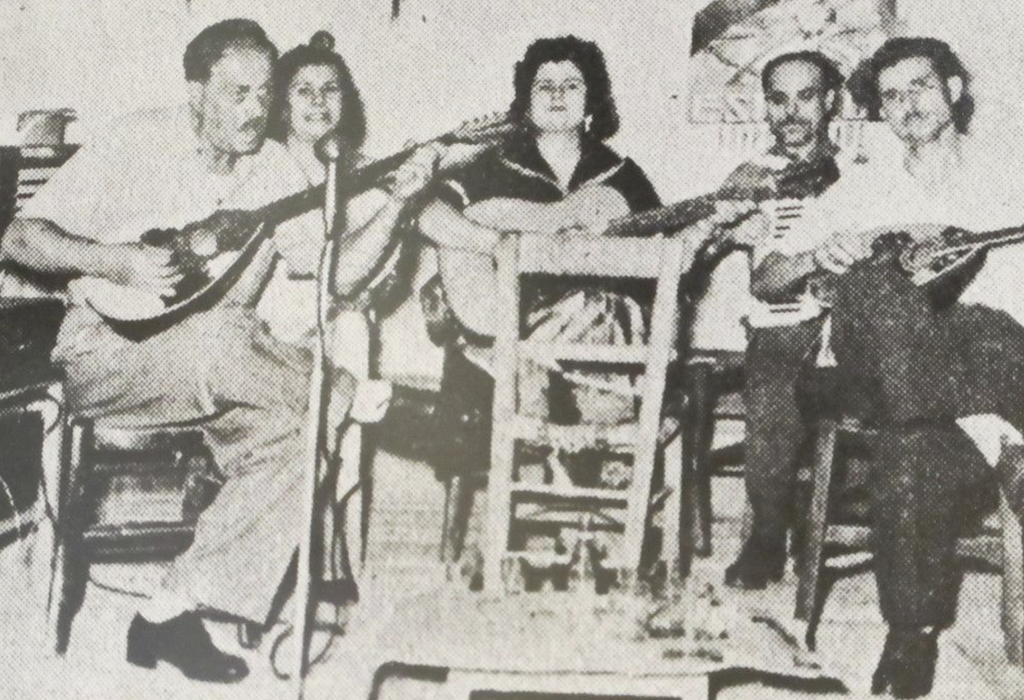
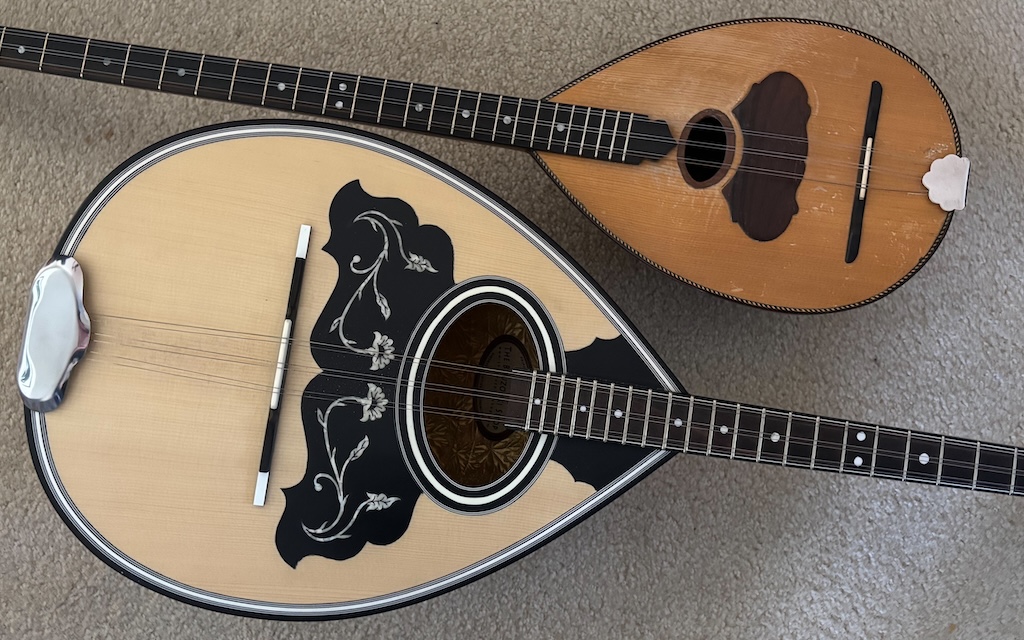
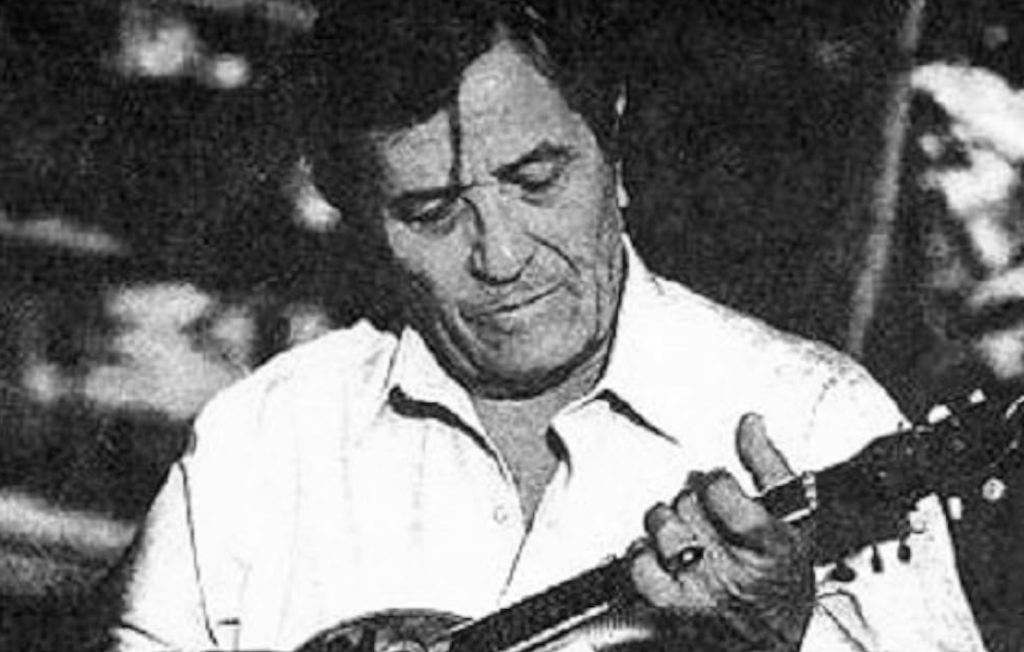
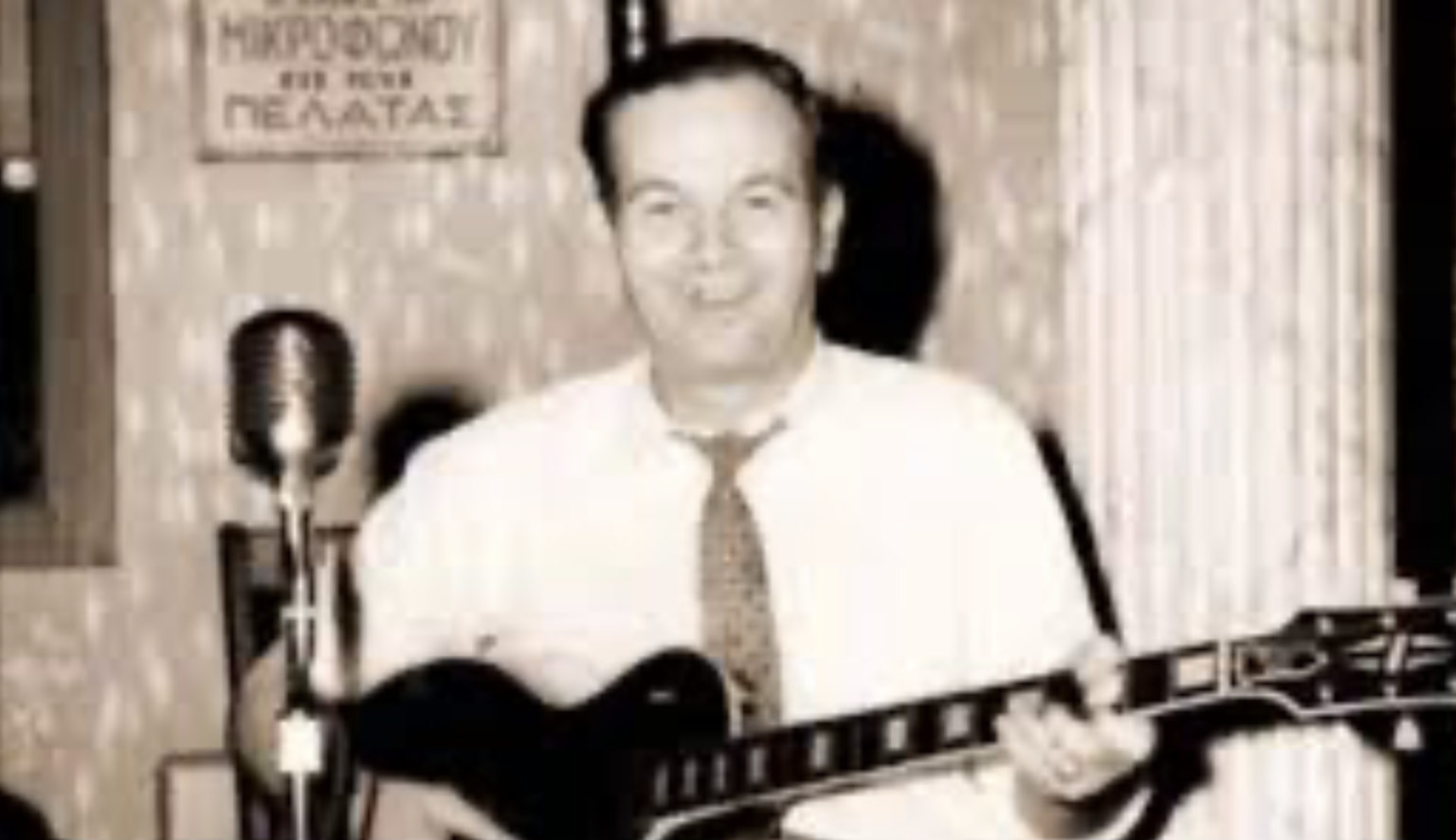
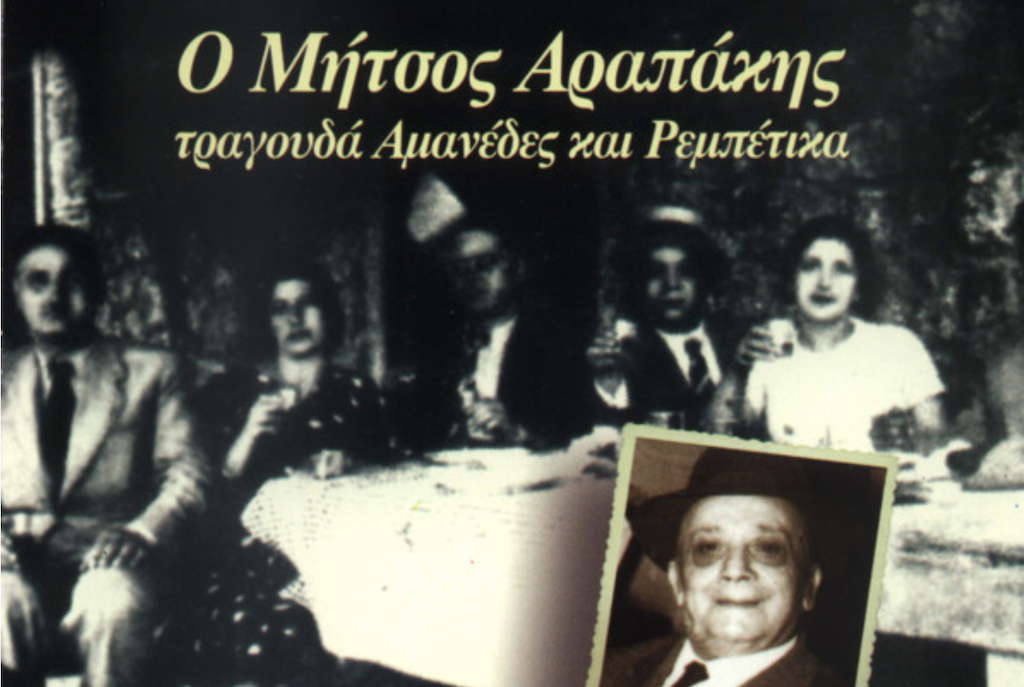
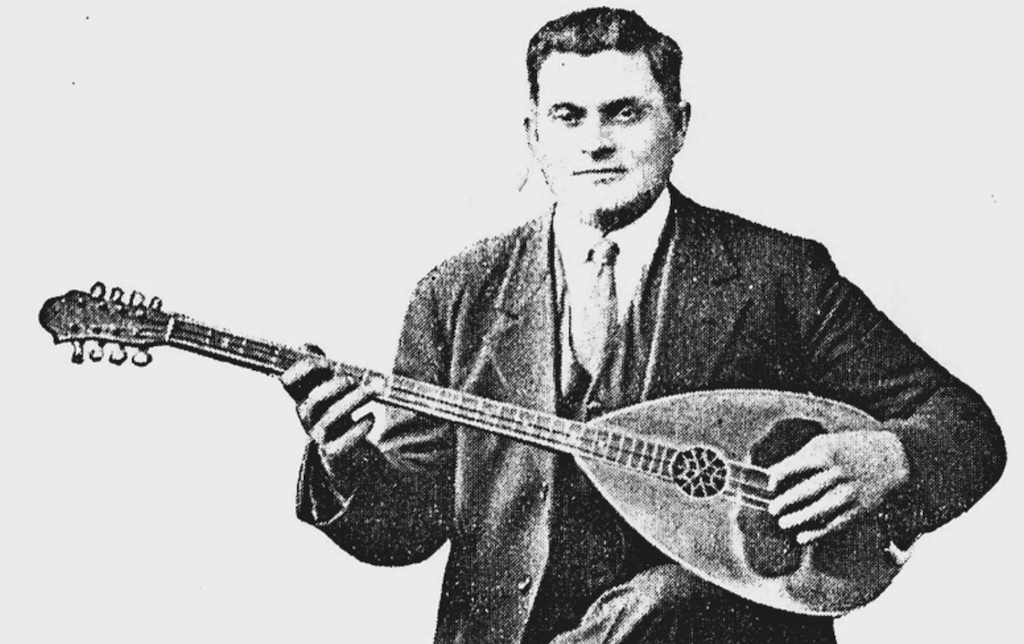
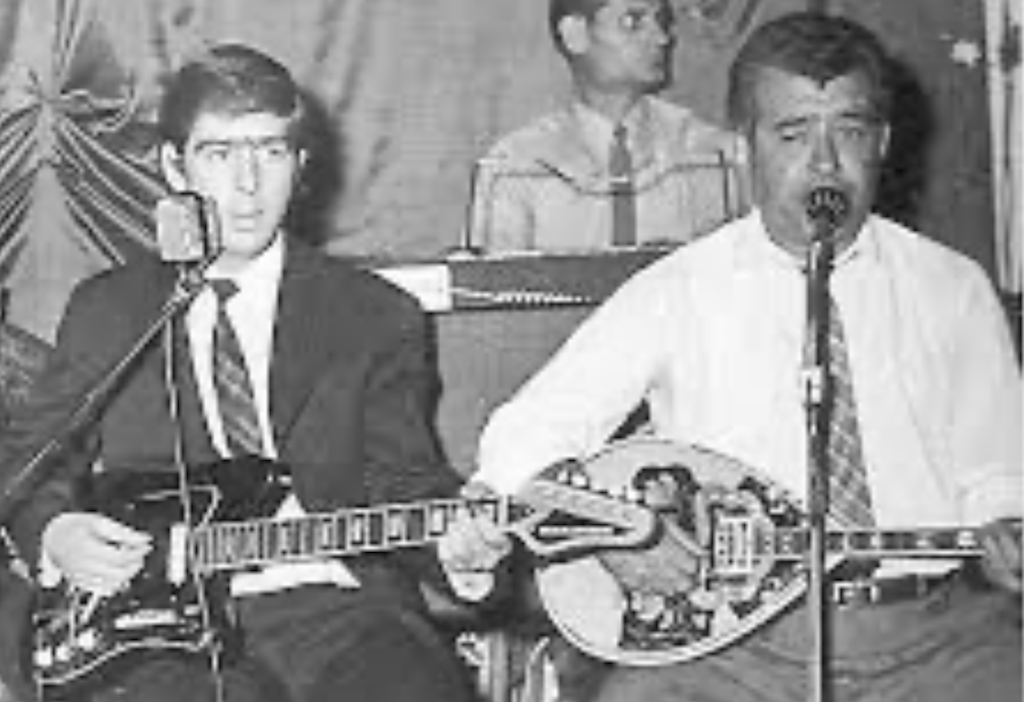
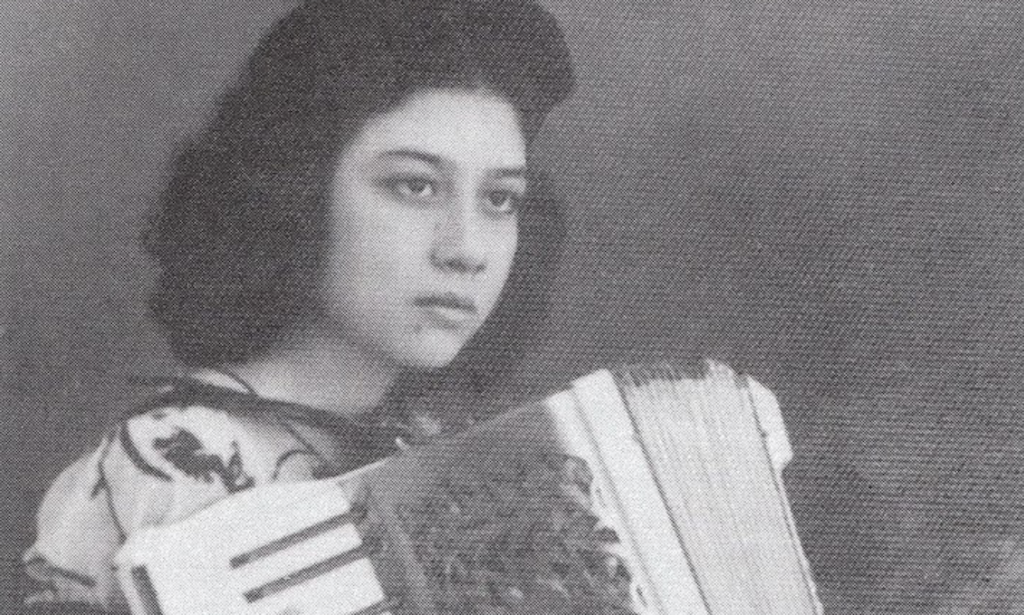



Leave a Reply